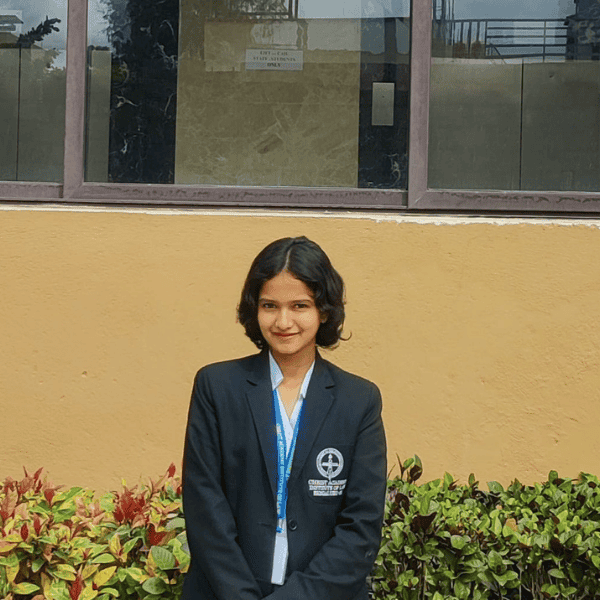Dileep Yavagal named Stroke Hero Award finalist
The seven winners will be announced on May 1, during American Stroke Month.
.jpg) Dileep Yavagal / University of Miami
Dileep Yavagal / University of Miami
The American Stroke Association has named a global leader in stroke care equity, Dileep Yavagal, as one of the twelve finalists for the 2025 Stroke Hero Award in the the ‘Voters' Choice Hero’ award.
The American Stroke Association, a part of the American Heart Association, received over 250 nominations for its annual Stroke Hero Awards. The recognition honors people who are working towards raising awareness, preventing strokes, and improving recovery rates.
Also read: Dileep Yavagal receives prestigious honors for stroke care advocacy
Yavagal, a clinical professor of neurology and neurosurgery at the University of Miami and Jackson Memorial Hospitals has dedicated his career to improving stroke treatment access, particularly in low- and middle-income nations.
Within the university, Yavagal is the chief of endovascular division, director of interventional neurology and co-director of neuroendovascular surgery. He is also the director of NeuroStem Cell Division at the Interdisciplinary Stem Cell Institute.
He co-founded the Society of Vascular and Interventional Neurology (SVIN) and established the SVIN Mission Thrombectomy program, which aims to enhance global access to thrombectomy, a life-saving operation for stroke victims.
“The award will allow us all to highlight Mission Thrombectomy’s work to make emergency stroke Thrombectomy accessible to every eligible LVO stroke patient globally,” Yavagal said on LinkedIn.
Yavagal earned his MBBS from K.E.M. Hospital, Seth Gordhandas Sunderdas Medical College, Mumbai, followed by an MD from King Edward Memorial Hospital. He completed a neurology residency at Harvard Medical School, and fellowships in critical care neurology at Columbia University and interventional neuroradiology at the David Geffen School of Medicine at UCLA.
“Stroke remains the leading cause of disability and death in the community, disproportionately affecting certain groups who are often undertreated,” said Yavagal. “Raising awareness about stroke prevention, recognizing symptoms, and calling 911 for emergency treatment is critical, as studies show that knowledge of
stroke systems and the need for urgent care is still low.”
The American Heart Association estimates that approximately 800,000 Americans have a stroke each year. Many survivors endure lifelong issues that necessitate continuing care and support.
-10”-x-5.jpg)

 Bhavana P
Bhavana P.jpg)
.jpg)


.jpg)



.jpg)
.jpg)



.jpg)

Comments
Start the conversation
Become a member of New India Abroad to start commenting.
Sign Up Now
Already have an account? Login